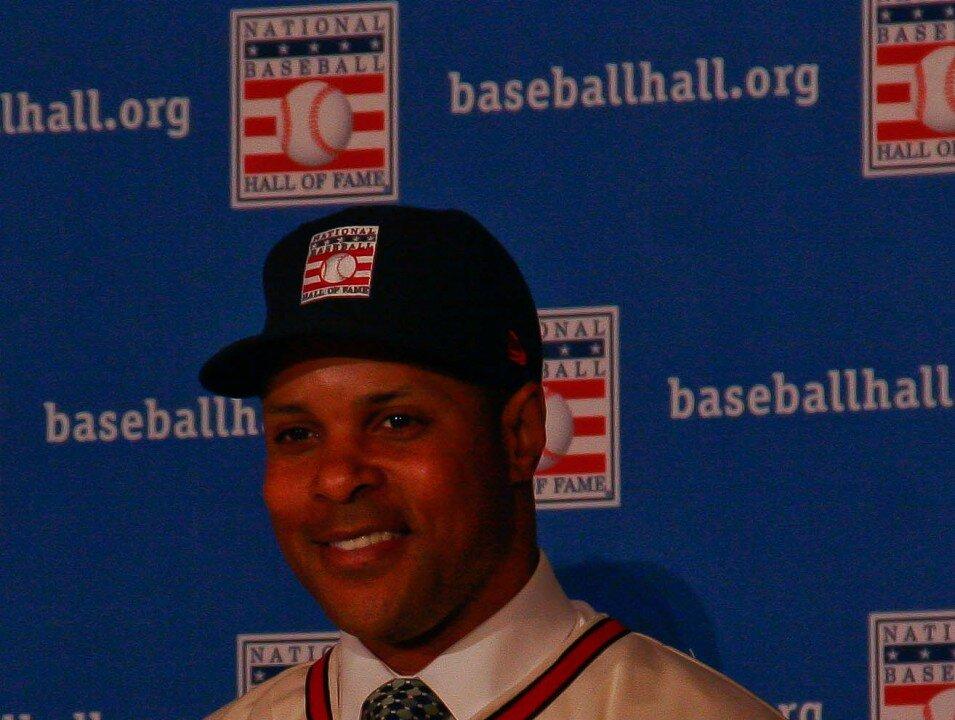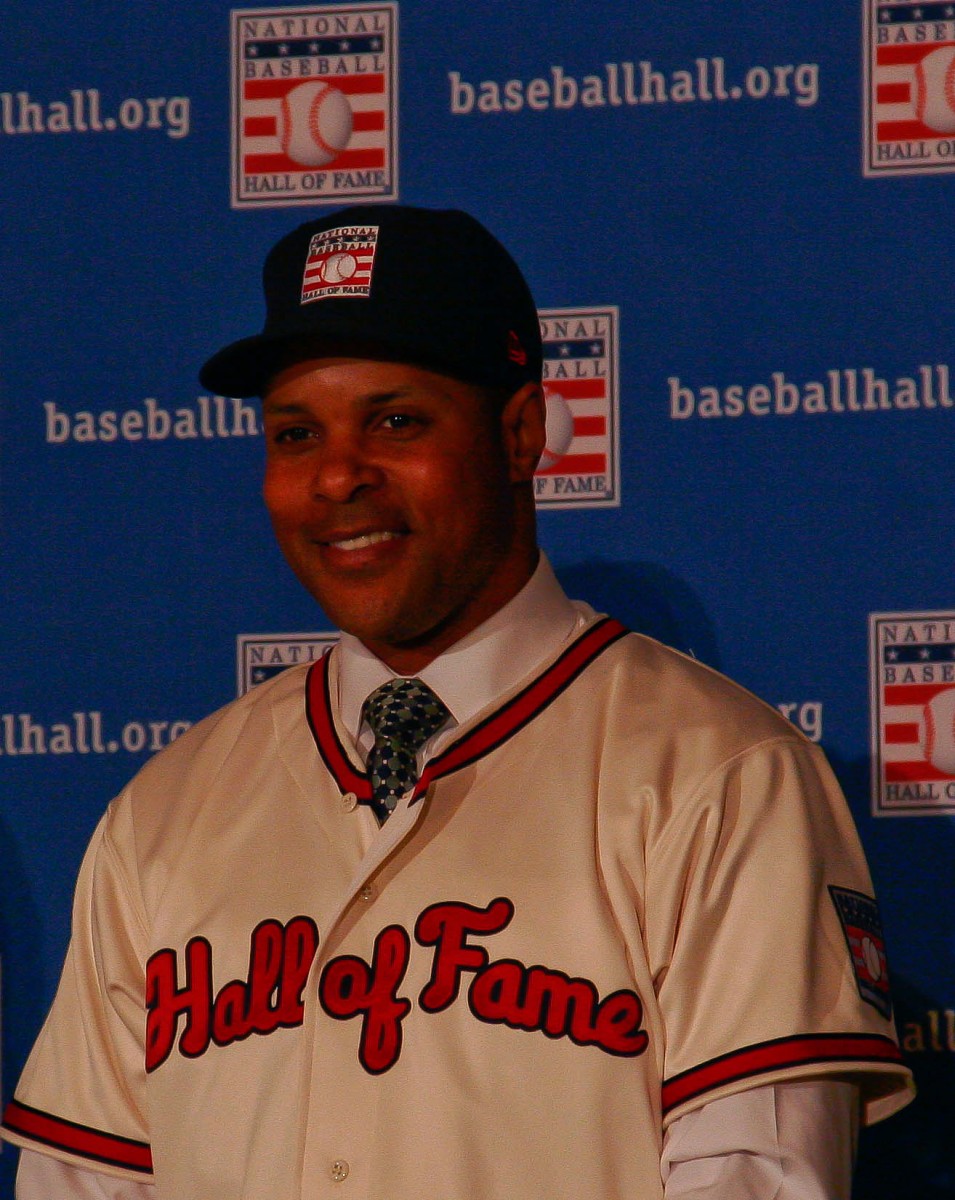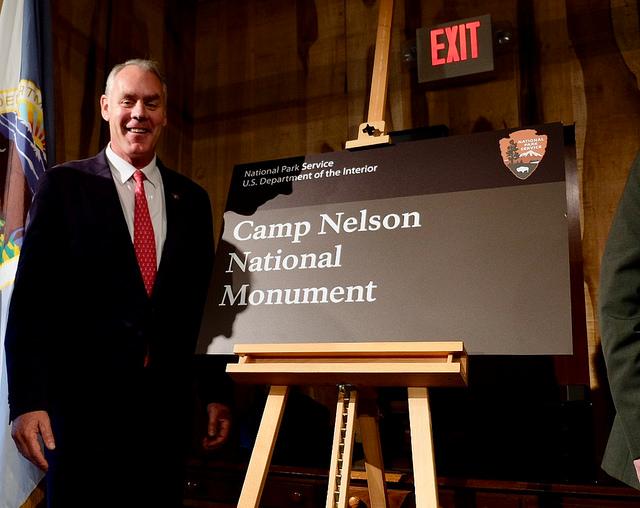NEW YORK—The path to becoming a Major League Baseball player is long and achieving success is difficult. Out of those elite who can claim a successful career, making it to the Baseball Hall of Fame is a final grueling test, even after their playing days are over.
“In the 136 years that Major League Baseball has been in existence, 18,000 players have had the privilege to wear a major league uniform. Of them, 1 percent ever make it to Cooperstown,” said Jeff Idelson, president of the National Baseball Hall of Fame.
Idelson was at the Waldorf-Astoria Hotel, introducing the newest member of the Baseball Hall of Fame, shortstop Barry Larkin. The former Cincinnati Red was given the jersey of his new team—the Hall of Fame. He was offered a lifetime contract to join the company of the legends of the game.
Larkin was humble and gracious, reflecting on a career path that almost didn’t happen.
Larkin was originally drafted by his hometown Cincinnati Reds as a high school senior, but the talented two-sport athlete longed for the chance to play for coach Bo Schembechler on the Michigan football team. Coach Schembechler liked the promise Larkin had, but felt he needed time to grow.
“He [Schembechler] decided to red-shirt me my freshman year, and it was the best decision he ever made as far as I am concerned,” Larkin said to chuckles from the media. “It was the first time in my life where I had an opportunity to just play one sport.”
The future All-Star took the time away from football to cultivate his baseball skills, discovering his path lay on the baseball diamond, not in between the hash marks.
“I remember that next year, I had to go tell Bo Schembechler in his office that I was not going to play football for him,” Larkin said. “He almost came across his desk, told me to get out and then come back the next day after I had thought about it. I thought it was over after I told him I wasn’t going to play football for him anymore.”
Larkin resumed his baseball workouts, assuming his confrontation with Schembechler was behind him. One practice, in the cold Michigan drizzle, he watched a man in a parka walk into the stands and began to heckle him. “It was Bo Schembechler telling me to come hit a man who could hit him back instead of that sissy baseball,” Larkin said with a laugh.
For a man who started his athletic journey wanting to play football, and “ended up” being a baseball player, he managed to do alright hitting that “sissy baseball.” His 19-year career was all spent with his hometown Cincinnati Reds, who gave him a second chance despite passing it up the first time around.
Ozzie Smith and Dave Concepcion, legendary shortstops from their respective eras, signed gloves for Larkin in his playing days with a simple message: “Continue the legacy and pass on the tradition.” Lucky for Reds fans, Larkin followed this advice and not that of Schembechler.
Follow Kristen on Twitter @Call2theBullpen







